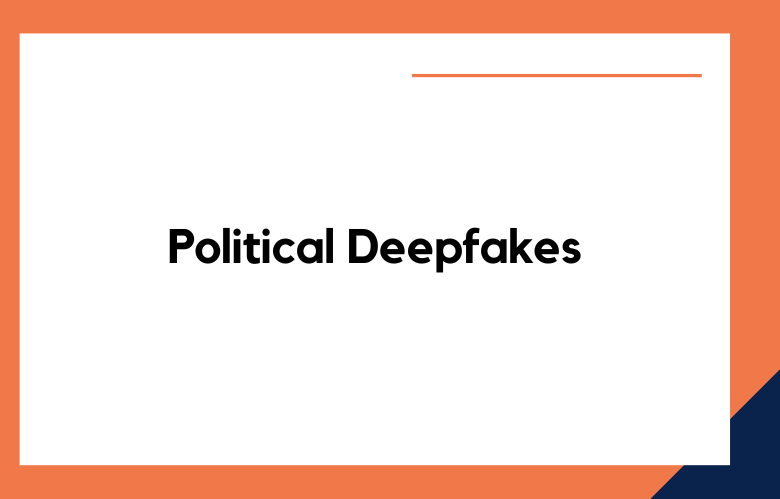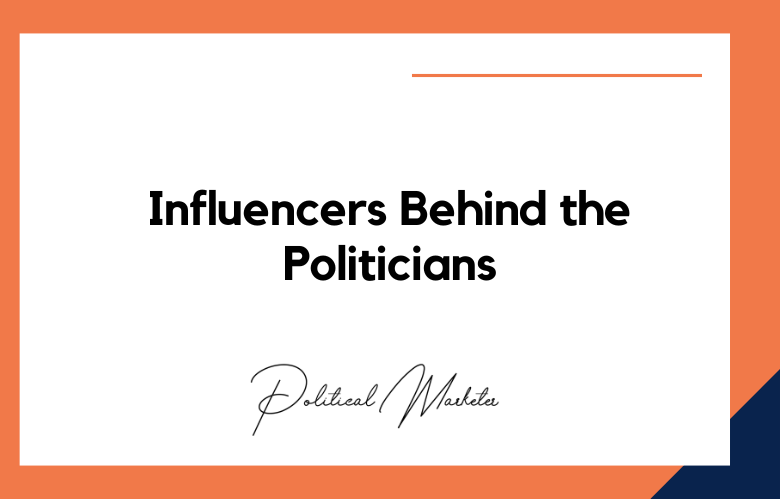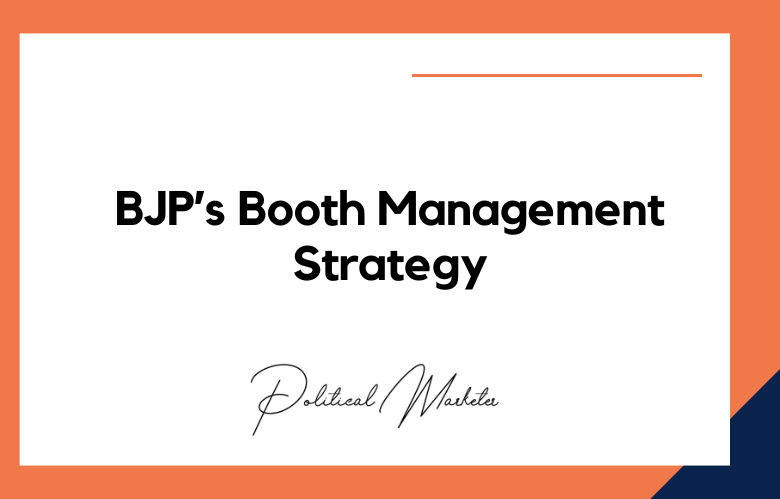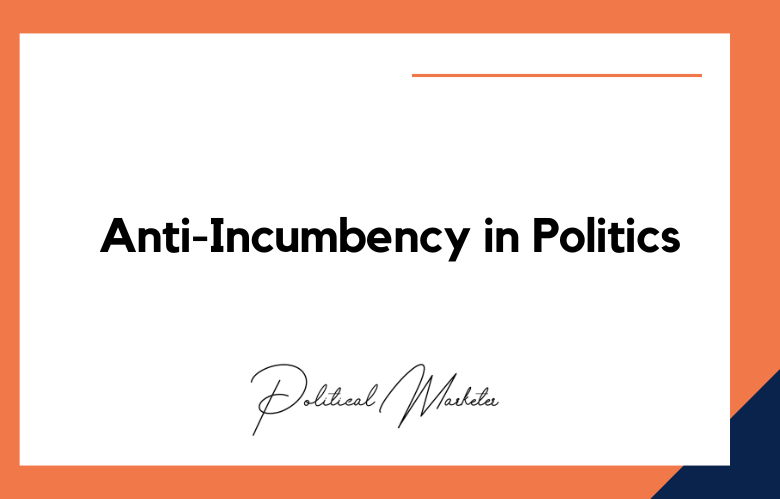With the advent of artificial intelligence and machine learning, creating deepfakes has become easier than ever. A deepfake is a synthetic media created using deep learning techniques that can imitate a natural person’s voice, appearance, and mannerisms. While deepfakes have been used for entertainment purposes, such as replacing one actor’s face with another’s in a film, there are growing concerns about their potential misuse in the political sphere.
What is Political Deepfakes?
Political Deepfakes: Social Media Trend or Genuine Threat?
Deepfakes can manipulate public opinion in the political context by creating fake videos or audio recordings that purport to show political leaders saying or doing things they didn’t say or do. This can lead to confusion, mistrust, and even the spread of misinformation and propaganda.
Behind the Mask: Unmasking the Truth about Political Deepfakes
In the digital age, where information spreads at lightning speed, the proliferation of deepfakes has emerged as a menacing threat to our political landscape. Deepfakes, which refer to synthetic media created by using artificial intelligence to manipulate or generate realistic images and videos, have the power to distort the truth and sway public opinion in dangerous ways. This article seeks to unmask the truth about political deepfakes and explore their implications for democracy.
The Rise of Political Deepfakes
In recent years, deepfakes have become more sophisticated and accessible, enabling anyone with a computer and the right software to create realistic fake videos. This has led to the emergence of political deepfakes, which are designed to manipulate political discourse by spreading disinformation, smearing political opponents, or undermining trust in democratic institutions.
The Dangers of Political Deepfakes
Political deepfakes severely threaten democracy by distorting the truth and undermining public trust in political leaders and institutions. They can sway public opinion in favor of specific candidates, policies, or agendas, thereby influencing the outcome of elections and undermining the integrity of democratic processes.
Moreover, political deepfakes can be particularly damaging to individual politicians, as they can be used to create false scandals or undermine their credibility. This can seriously affect their careers, reputations, and personal lives.
Combating Political Deepfakes
Combating political deepfakes requires a multi-pronged approach that involves technological solutions, media literacy, and regulatory frameworks. Social media platforms must take responsibility for monitoring and removing deepfake content while also promoting media literacy to help users identify and report fake content.
At the same time, policymakers must develop regulations that deter the creation and dissemination of deepfakes for malicious purposes. This may include legal consequences for those who create or disseminate deepfakes for political manipulation or harm.
Trick or Treat: The Rise of Political Deepfakes on Social Media
In the age of social media, where information spreads like wildfire, a new threat has emerged – political deepfakes. These manipulated videos, created using advanced artificial intelligence and machine learning algorithms, can show politicians saying or doing things they never did. While deepfakes may seem like harmless fun, they have the potential to disrupt political discourse and undermine democracy.
The dangers of political deepfakes are multifaceted. They can be used to spread disinformation, confuse voters, and influence elections. In an era where people increasingly get their news from social media, deepfakes can quickly go viral, reaching millions and shaping public opinion before the truth can catch up.
Moreover, deepfakes can be particularly damaging to individual politicians, as they can be used to create false scandals or undermine their credibility. This can severely affect their careers, reputations, and personal lives.
The Growing Concern of Political Deepfakes
In a world where the lines between reality and fiction are becoming increasingly blurred, political deepfakes have emerged as a growing concern. What once seemed like the stuff of science fiction is now a dangerous reality with potential implications for democracy, freedom of speech, and our very understanding of truth.
Deepfakes are videos or audio recordings manipulated using artificial intelligence to create realistic yet false representations of people. This technology has opened up a new frontier in misinformation and propaganda, where anyone with the right tools and skills can create a video that appears to show a politician saying or doing something they never did.
Examining the Impact of Political Deepfakes
The rapid advancement of technology has brought with it countless benefits, as well as new and insidious forms of deception. Political deepfakes, in particular, represent a significant threat to democracy by enabling the manipulation of information and public perception.
At its core, the art of deception involves trickery, misdirection, and manipulation to create an illusion of reality that is false. Deepfakes, made using readily available technology, represent a new frontier in deception, allowing anyone with the right tools and skills to create realistic but false videos and audio recordings.
The impact of political deepfakes on our society is multifaceted and far-reaching. They can be used to spread misinformation, sway public opinion, and undermine trust in democratic institutions. They can also be used to target individual politicians, potentially damaging their reputations and careers.
Political Deepfakes: A Pandemic of Misinformation on Social Media
In the age of social media, where information spreads faster than ever, political deepfakes have emerged as a nof pandemic that infects our minds and undermines our trust in what is real.
Much like a viral disease, political deepfakes spread rapidly across social media platforms, infecting our newsfeeds with false information and manipulated videos that appear genuine. They target our emotions, playing on our fears, biases, and preconceived notions to sway our opinions and manipulate our beliefs.
Like a virus that mutates and adapts, political deepfakes are constantly evolving, becoming more sophisticated and complex to detect. This makes it increasingly difficult for people to differentiate between real and fake, leading to widespread confusion and mistrust in our political institutions.
Faking Democracy: How Political Deepfakes Change the Game
In an era of fake news and misinformation, a new threat looms large on social media platforms – political deepfakes. These synthetic media, created using cutting-edge technology, can make realistic yet false representations of politicians and other public figures, with the potential to undermine democratic processes and fuel political unrest.
Deepfakes, a portmanteau of “deep learning” and “fake,” use machine learning algorithms to swap faces and voices, effectively putting words in the mouths of those they impersonate. This technology has been used for entertainment, such as creating viral videos of celebrities doing or saying things they never did, but now it’s being weaponized for political gain.
Here are some ways in which political deepfakes are changing the game of democracy:
Disrupting Campaigns: Deepfakes can be used to discredit candidates or political parties, creating distractions and confusion during election cycles. This can disturb campaigns and lead to adverse outcomes for candidates targeted by deepfakes.
Undermining the Integrity of Elections: Deepfakes can be used to spread false information about the results of elections, leading to distrust in the electoral process and potentially even calling into question the legitimacy of election outcomes.
Increasing Polarization: Deepfakes can create and reinforce social divisions, exacerbating existing political polarization and making it more difficult to find common ground and compromise.
Weakening Trust in Media: As deepfakes become more sophisticated and challenging to detect, trust in the media may decline as people become more skeptical of the authenticity of the information they receive. This can undermine the media’s role as a watchdog and a source of reliable information for citizens.
Creating Uncertainty and Distrust: The proliferation of deepfakes can develop a sense of uncertainty and distrust as people become less sure about what is real and what is fake. This can make it more difficult for citizens to engage in informed civic discourse and make democratic decisions.
Undermining Faith in Democracy: The spread of deepfakes can ultimately damage faith in the democratic process and the institutions that support it. This can lead to disillusionment, apathy, and a decline in civic engagement.
Conclusion:
Political deepfakes, manipulated videos, or audio clips that appear genuine have recently emerged as a concerning trend in social media. While some may dismiss them as harmless memes or jokes, the potential consequences of deepfakes in the political sphere are significant and should not be ignored.
Deepfakes can be used to spread disinformation, manipulate public opinion, and undermine democratic processes. In the era of fake news and online propaganda, deepfakes add another layer of complexity and challenge to the already difficult task of discerning truth from falsehood.
Moreover, deepfakes can be particularly damaging to individual politicians and public figures, as they can be used to create false scandals or undermine their credibility. This can seriously affect their careers, reputations, and personal lives.
Call: +91 9848321284
Email: [email protected]











